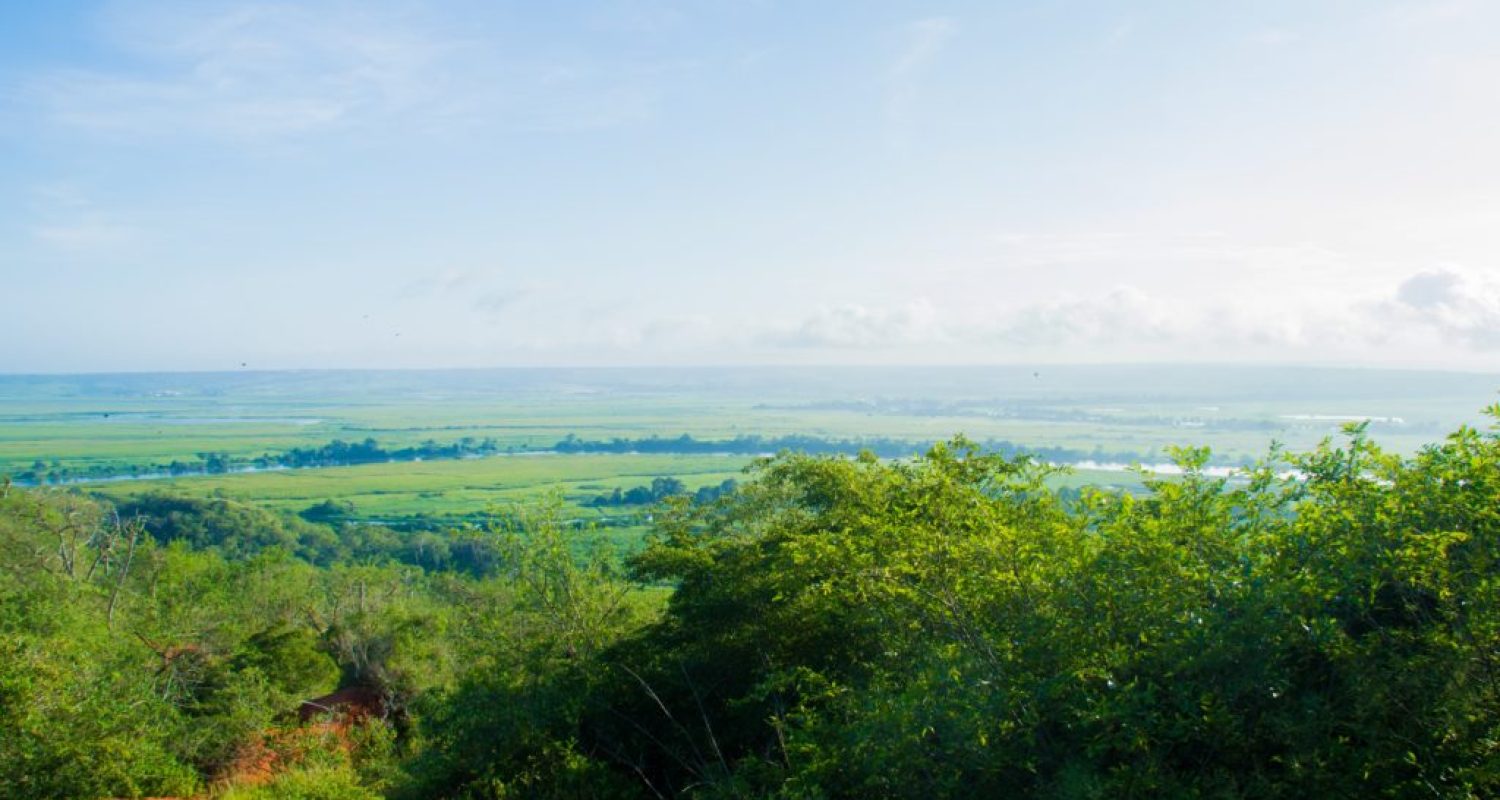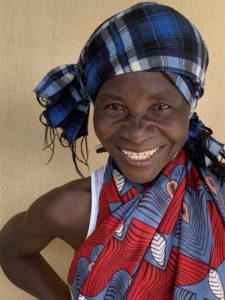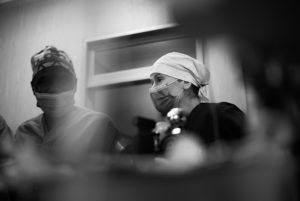Thirty Years of Suffering

By Annelise F. Olson ’04

Ten years have gone by very quickly. I started working in Angola soon after I finished my general surgery residency and fellowship in international surgery. Angola ended a 27-year civil war in 2002 that devastated the infrastructure of the country. Since then, the country has been rebuilding and recovering. The health care system is also rebuilding, but still heavily dependent on outside help—mostly physicians from Cuba and Russia.
My hospital base is the Centro Evangelico de Medicina in Lubango (CEML). We are a small 50-bed clinic that specializes primarily in surgery and as a training center for newly graduated Angolan doctors. Our motto is: “Health and Hope through Christ,” and that is what we strive to offer.
Though I trained in general surgery, I actually do very little “general surgery.” My work is mostly orthopedics, urology, and gynecology with a good mix of ENT, plastics, neurosurgery, and pediatric surgery, along with internal medicine, pediatrics, cardiology, and gastroenterology thrown in. I very rarely get bored and find I am always learning something new. Upon arrival 10 years ago, I had to learn a surgery that was completely new to me, the vesicovaginal fistula repair. This procedure has become a significant part of my work here in Angola.
Obstetric vesicovaginal fistulas result from many factors. Lack of health care facilities, prenatal care, education, and trained health care workers lead to the high rates of obstetric complications and maternal/fetal mortality that we have here in Angola. Tradition also plays a role, with the “tias” or aunties in the family convincing young women that real women give birth naturally and don’t go to hospitals.
CEML has been partnered with the Fistula Foundation since we opened in 2007. Thanks to this partnership, we are able to provide free care for these women. On average, my fellow surgeon and I do five to six fistula repairs a week. The surgeries are challenging, and results are mixed, but it is so rewarding when we can help these women who have suffered with incontinence for so long.
Rosalia “Rosa” Nguetchele is one of our patients, and her experience mirrors the stories of so many of our fistula patients.
Language was an issue when Rosa arrived at CEML after meeting a former fistula patient who encouraged her to come. She had no idea of her own age, and as for when the delivery happened that destroyed her dreams, “it was a long, long time ago.” From Rosa’s sister’s description, we estimated that she is now around 50 years old and it happened in her late teenage years or around age 20. Her husband abandoned her after her only pregnancy left her leaking both urine and feces.
For the last 30 years or so she had been incontinent, so a colostomy was done. Unfortunately, she did not understand the explanation and was very angry. She had come to fix the leaking, the translator said. After much further explanation, she finally understood why she had a colostomy. In the meantime, she began taking advantage of the courses offered in the village near the hospital—eager to learn to read in her language. During this time she showed the younger women how to do beading in the traditional Nyaneka style, much to everyone’s delight.
Once the rectovaginal fistula was healed, the colostomy was reversed. Then the difficult fistula was repaired. Finally, the catheter was removed, and to her great joy—the vesicovaginal fistula was closed. She could hardly believe it and promptly began hugging the nurses. Rosa has an entirely new lease on life!
Ready to say goodbye to CEML, Rosa and her sister were given a ride down to the city where they could catch a bus for the several hours long journey home. Car doors and seatbelts proved a new concept for these two, as they had to have a little help to open the door and upon the explanation of the seat belt, they exclaimed, “Are you tying us in?” all with much laughter!
These are the dear women who it has been my privilege to help over these last 10 years in Angola.

Dr. Olson has had the privilege of working in Angola for the last 10 years. She currently serves as the director of surgery at CEML. When she isn’t seeing patients or teaching, she can be found reading, enjoying coffee with friends, or playing pickleball.

